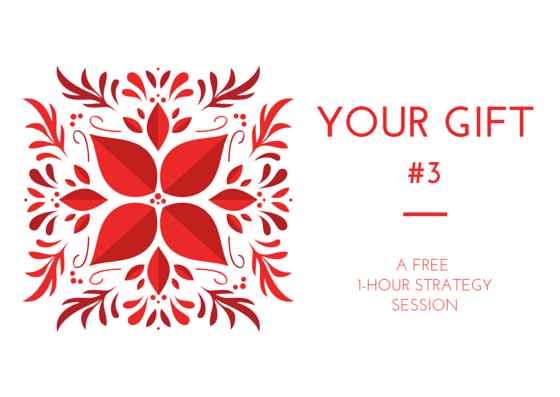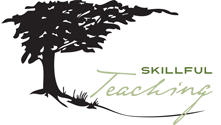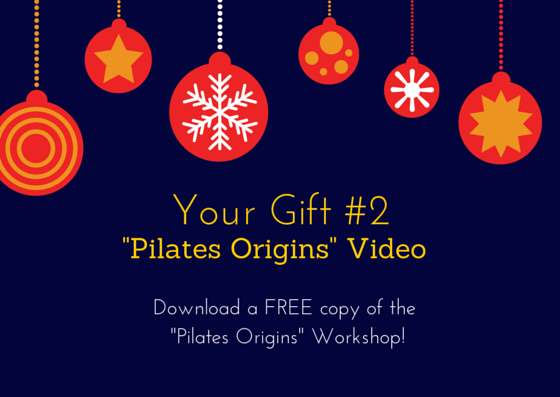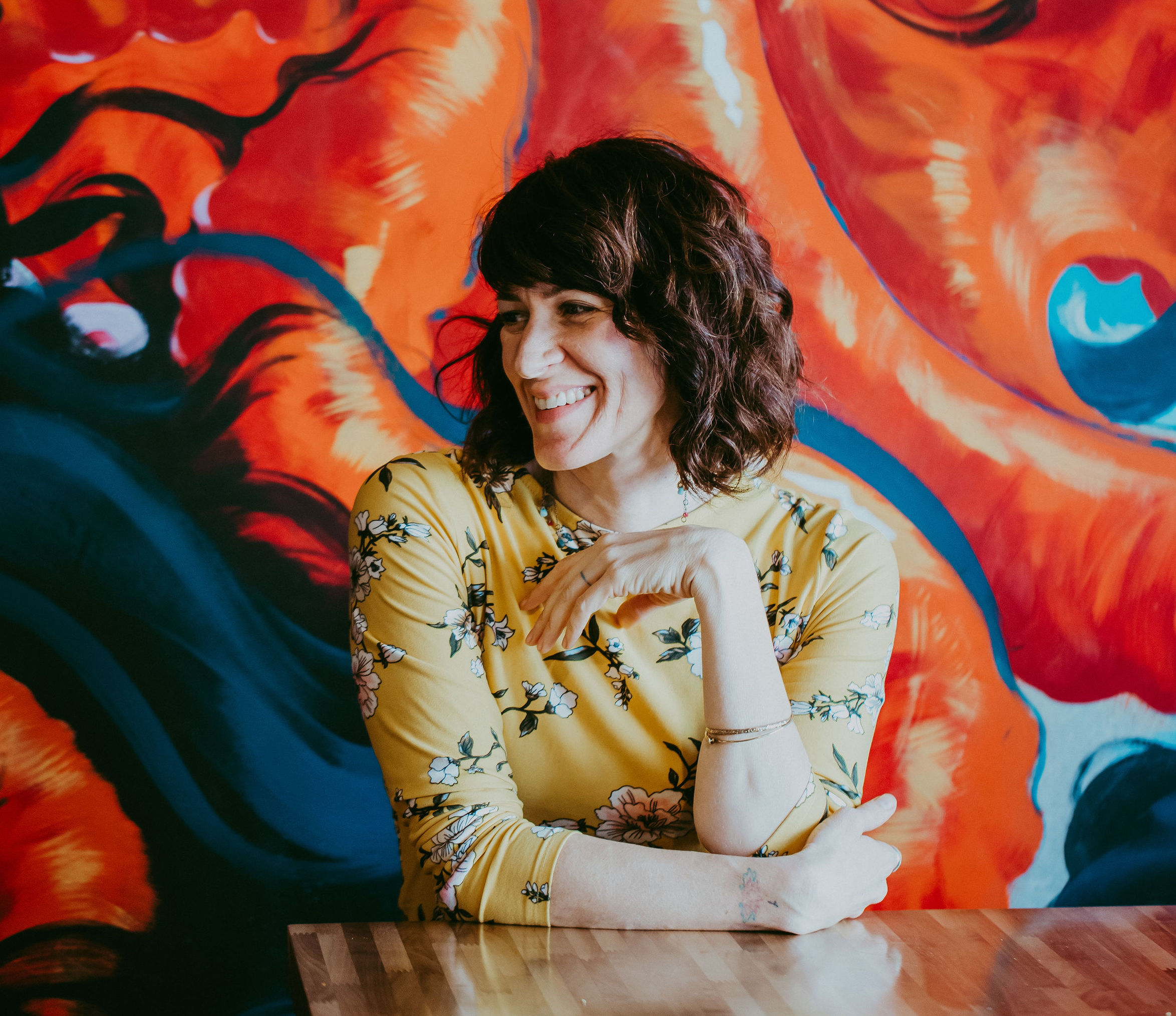Podcast: Play in new window | Download
Subscribe: Apple Podcasts |
With author of “Plus One – Finding God on the Yoga Mat” Cori Martinez
In this podcast, we’re brining back an awesome interview with author and master yoga teacher trainer, Cori Martinez. Enjoy this unique take on framing and focusing your classes.
It was such an amazing pleasure to have my dear friend, teacher, peer and cohort Cori Martinez as our guest teacher for last week’s teleclass. I knew she would be the perfect person to discuss the use of story in teaching because she has a gift for it, and it was true. We had a wonderful discussion and came to many, many fabulous insights.
Example of using story in teaching – written form.
Tools
Three Things To Always Consider When Using Story
1. What is the point of telling the story.
Be sure that it isn’t an opportunity to vent, make your self look good, get advice or gather support. The point of the story should be about teaching, supporting, or comforting your student.
2. What is the lesson or message?
Make it obvious that your story has a purpose. -That you are willing to be open and connect in order to be a more effective teacher. Make sure your story supports a message and isn’t just “small talk”.
3. What is the invitation to the students.
Offer a way for the student to use your experience to make a difference in their own life.
Why Would You Use Story?
- Building trust through story: People are skeptical, they are constantly being marketed to andmanipulated by people and businesses with an ulterior motive. Sharing something personal that others will relate to helps people get to know you as a fellow human being. Once this connection is made, it’s much easier for them to trust you.
- There is practically no such thing as privacy anymore, in the current social media craze people are sharing everything with the world, there’s almost a perception that anyone who is not willing to share personal information might have something to hide.
- Making Connections: Making connections can simply be about connecting to others through story…but for me it’s also about making sure that your stories have a connection to what you are teaching.
- The power of transparency: Who are you more loyal and committed to- total strangers or the people you’re closest to? Opening up and allowing people to know you and connect with you means that they will feel more loyalty and commitment to you and your business.
- I also love that it makes me human, just like them, and that they will not expect me to have super-human powers and perfection, which is common in the student-teacher relationship.
- When price shopping a screen printer the other day…one guy told me a story about himself growing up and by the time we hung up I didn’t really feel like price mattered- I wanted to support him, because I like him.
The Questions
What does using story do?
- Makes an emotional connection, develops trust.
- Makes the lesson or teaching more relatable and personal.
Why would you use it?
- As a foundation for teaching or sharing a message, to make the message more relatable.
- To connect and open the door for a trusting relationship.
How do you use it?
- To support a theme or message in a class.
- To connect in cyber-space: like in newsletters or published articles.
When? Timing in a class?
- As part of a message that I touch on in the beginning, middle and end. (The story may come in the beginning or the middle.)
Dosing: how much, how often?
- Beginning, a touch in the middle, wrap it up with a closing in the end.
- Keep in mind that while the experience you are sharing was yours, the sharing of it is NOT about you, it’s about the student.
- If you’re getting wrapped up in your story, it’s too much. You should be clear with every word that this story isn’t actually about you.
- You don’t need to have a story every day or every time you communicate with someone. Sprinkle them in.
Clear Examples of How It’s Been Extremely Powerful
When teaching a class I wanted to offer:
- Message: Challenging situations help us grow in a positive way.
Because…
We may hear this message, and even “get it” to a certain degree, yet in the midst of a challenge it can still feel very hollow and provide little comfort. I wanted to make a connection through story.
It helps me to connect with how this has been true in my life. For example in 5th grade all my friends decided one day they didn’t like me. They threw my schoolbooks in the garbage, made fun of me and refused to talk to me. I was humiliated. For weeks I called my mom every day, crying, begging her to pick me up from school early.
This is the most painful memory of my childhood. The experience was absolute torture at the time and to this day I know that I still carry heartbreak, and self-doubt as a result. I dread the possibility that the same thing could happen to my own daughter. And yet, I am simultaneously aware of the positive effect that experience has had on every aspect of my life and the person I am today.
I credit this experience for the deeply engrained desire I have to be kind, thoughtful and compassionate toward others.
- When I recognize that about this situation, the message that challenging situations help us to grow in appositive way feels more authentically true. We may not be able to see it in the moment, but my experience of the past helps me to trust that it’s true in the present.
- In teaching I have used this story as an invitation for the students to embrace the challenges that come up right here on the mat; physically, emotionally or mentally.
- Somewhere in the middle or nearing the end of class, usually at point of rest, I extend the invitation into the rest of their day or week and ask them to imagine a life of fully trusting that each challenge would ultimately bring something good. I propose that by trusting in the experience, it would actually be less painful, that they would feel more free and less burdened, even in the midst of the challenge.
- Then, as we close our practice, I ask students to find an experience in their own lives that seemedterrible at the time, but now they are grateful for it, or are able to see how they have benefited from it. I invite them to let the idea really sink in- that challenging experiences help us grow in a positive way and I invite them to remember this the next time they are having a challenging experience.
Sometimes people cry, sometimes they smile, but pretty much always THEY GET IT. Using my story as an example, helping them find their own story as proof, and getting them to imagine a life of embracing the message- is a powerful way of teaching that message.
The Dangers
What happens when you divulge too much?
- Transparency doesn’t mean not having boundaries or not being very intentional about what you share.
- Divulging too much can be very inappropriate and turn people off. Our role as teachers is often aboutbeing inspiring…so if our stories become an opportunity to either vent or say how great we are, we are no longer inspiring we are annoying and unsupportive.
What happens when your class becomes all about you?
- People are always subconsciously asking: What’s in it for me? In particular when they take the time and spend the money to do something, they are asking this question. In your students mind, you are there to fulfill a need of theirs. If your story becomes about you, they can see that you are not focused on fulfillingthis need.
- As you get wrapped up in you, you also become less available and present for the student. In this state, our teaching is much less effective.
- When your story is too contrived- it’s not as powerful, it’s not as honest and there is not real connection happening.
- One time on a valentines day I sat down to teach and suddenly had this idea that I really should have some sort of theme about love. I honesly can’t recall what I said exactly, I think I blocked it out, because I do remember that it wasn’t genuine, I felt no passion for what I said, and I just felt kind of sleezy because it wasn’t coming from an authentic place.
- When it’s too raw, and you haven’t seen the lesson yet. Remember that the stories are a method for teaching, and if you haven’t found the lesson yet, it’s too soon to share for this purpose.
Learn more about Cori Martinez
765qwerty765



 How are you showing up? Why are you showing up? Why do you teach? What IS teaching? Why do you care? This is Skillful Teaching: A Whole-person approach to being an expert teacher, not an expert technician. There's a difference. Want to know what it is?
How are you showing up? Why are you showing up? Why do you teach? What IS teaching? Why do you care? This is Skillful Teaching: A Whole-person approach to being an expert teacher, not an expert technician. There's a difference. Want to know what it is?